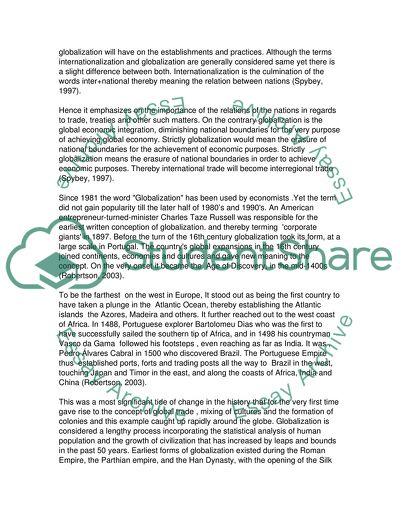Cite this document
(Nationalism and National Identities in a Globalised World Case Study, n.d.)
Nationalism and National Identities in a Globalised World Case Study. https://studentshare.org/sociology/1713543-european-society-and-thought
Nationalism and National Identities in a Globalised World Case Study. https://studentshare.org/sociology/1713543-european-society-and-thought
(Nationalism and National Identities in a Globalised World Case Study)
Nationalism and National Identities in a Globalised World Case Study. https://studentshare.org/sociology/1713543-european-society-and-thought.
Nationalism and National Identities in a Globalised World Case Study. https://studentshare.org/sociology/1713543-european-society-and-thought.
“Nationalism and National Identities in a Globalised World Case Study”. https://studentshare.org/sociology/1713543-european-society-and-thought.


